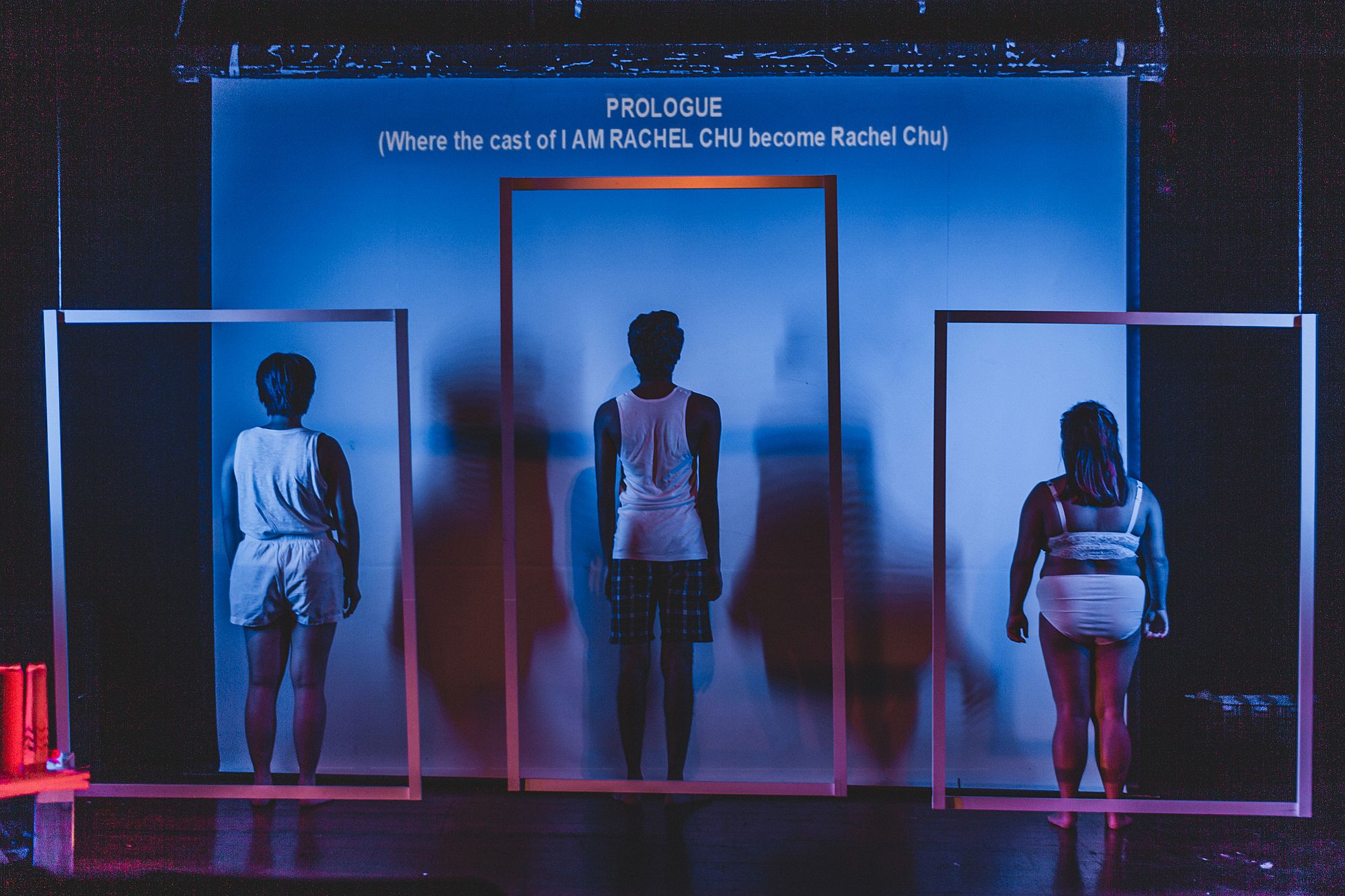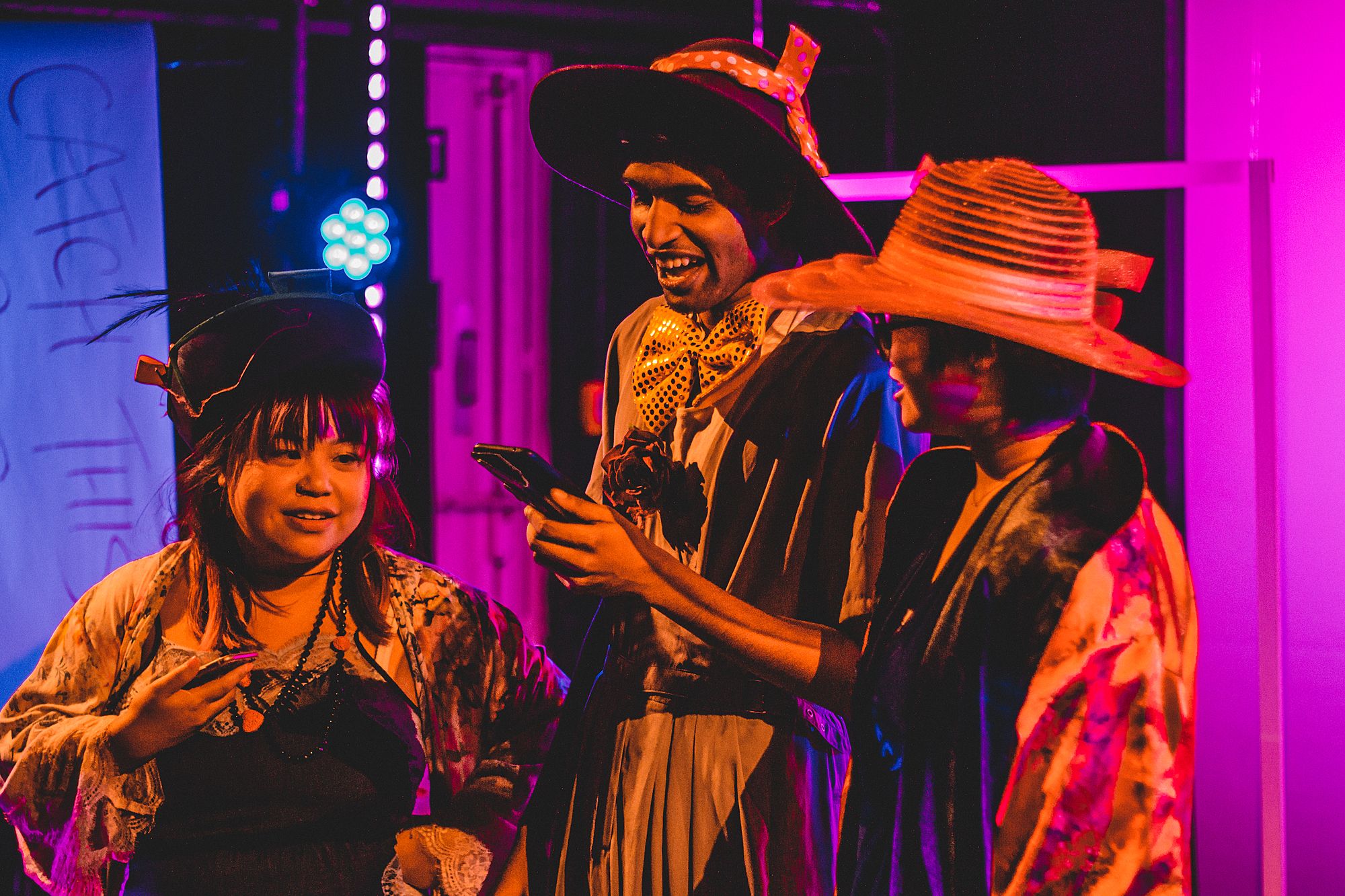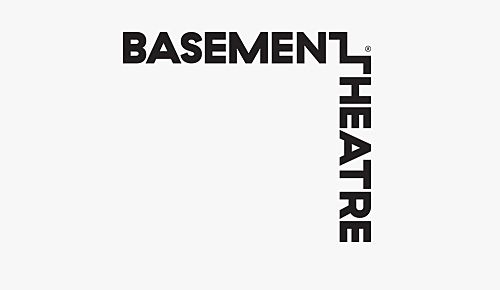Crazy Rich Discourse: A Review of I Am Rachel Chu
I Am Rachel Chu takes on the cultural juggernaut that is Crazy Rich Asians with smarts and laughs - but how does it all come together? New Volumes critic George Fenwick digs in.
I Am Rachel Chu takes on the cultural juggernaut that is Crazy Rich Asians with smarts and laughs - but how does it all come together? New Volumes critic George Fenwick digs in.
Crazy Rich Asians was unavoidable in 2018. Adapted from Kevin Kwan’s novel of the same name, Jon M. Chu’s romantic comedy marked the first major Hollywood picture with an all-Asian cast since The Joy Luck Club in 1993, and it was a phenomenon, making US$230 million globally. But critical dialogue around the film was varied: some celebrated the film as a watershed moment in representation, others criticised it for its glossy, ethnically inaccurate portrayal of Singapore and its earnest devotion to the one percent.
There’s plenty of excellent writing out there about Crazy Rich Asians but, as is often the case with the internet, there are only so many thinkpieces you can handle before words cease to make sense and you’re overwhelmed by the ocean of tabs you’ve got open. That’s what makes I Am Rachel Chu such a rewarding watch: it’s film and literary criticism reimagined as theatre, a marriage of forms that’s playful and immediate and that grounds the conversation in the lived experiences of its creators, Nathan Joe, Angela Zhang, Ravi Lloyd Gurunathan and Amanda Grace Leo. It offers the audience an entry point into the discourse through personal storytelling, delivered with heart and nuance.
I Am Rachel Chu is mainly structured around the plot of Crazy Rich Asians, telling the story - Rachel Chu is invited to Singapore by her boyfriend Nick Young, Nick turns out to be extremely rich, Rachel suddenly has to contend with this world of wealth and the disapproval of Nick’s mother - in witty, reinterpreted chapters. These chapters are interspersed with personal anecdotes from the three main performers, Zhang, Gurunathan and Leo; Joe takes on the role of narrator from stage right. Designer Natasha Shivaramakrishnan Iyer fits the stage with three rectangular boxes from which Zhang, Gurunathan and Leo first crawl out of, clad in just their undergarments. It’s a simple and effective arrangement: the trio appear as blank canvases onto which they can channel Rachel Chu and realise their own personalised versions of her.
I Am Rachel Chu is often wonderfully comic. It’s peppered with sweet details: the cast only ever refer to their exes as ‘REDACTED’, and their many swift costume changes reliably lead into endearing slapstick. Zhang, Gurunathan and Leo deliver sly, smart criticisms of Kwan’s novel and Chu’s film, highlighting how the story perhaps celebrates wealth more than it celebrates Asian identity, or how Nick Young is inexplicably forgiven for lying to his partner and pushing her into a near-traumatic encounter with his family.
Other parts of I Am Rachel Chu aren’t quite as layered. A re-enactment of Rachel’s culinary discoveries in Singapore drags on too long, and a rap that highlights every time the novel uses the word “rich” wraps an interesting observation up in clunky, awkward packaging. A late reenactment of the film’s pinnacle wedding involves some messy and unnecessary audience interaction and collapses under the weight of its moving parts.
But Joe, Zhang, Gurunathan and Leo also loop in games and stories that highlight the intersection between this Hollywood blockbuster and their own lived experiences, and these moments are sensitive and direct. In an early and affecting moment, Zhang and Leo tell the audience stories about their “first time” – that is, their first encounter with racism. A sudden-death game of Asian-stereotype bingo is full of high-energy humour, but it’s also full of warmth and camaraderie. Joe, Zhang, Gurunathan and Leo use that warmth and that camaraderie wonderfully to communicate the intense gratification you feel when you connect with others who share your experience, rather than connecting with a Hollywood-mandated blockbuster that caters inoffensively to the masses.
After the wedding, Zhang, Gurunathan and Leo come together to deliver a closing monologue that’s dense with ideas; it pays to listen closely here. In this, the performers contextualise their community’s varied responses to Crazy Rich Asians within the wider realm of pop culture, and interrogate how minority groups are expected to be sated by the fleeting morsels of representation that pop culture offers them. And for all his dashing, charismatic emptiness, Nick Young, the piece argues, is an antidote to our cluttered, confusing world. Nick, and Crazy Rich Asians more generally, brings Asian representation to the historically white genre of the romantic fairy-tale. Nick is the one-dimensional prince, a sugary form of escapism that feeds a fundamental desire for connection – but also underscores the daily exhaustion of analysing pop culture as a marginalised person.
In a lesser writer’s hands, I Am Rachel Chu might have condescended to those who flock to cultural touchstones like Crazy Rich Asians. Joe, Zhang, Gurunathan and Leo understand what draws people to these stories over and over again, though, regardless of whether they’re mere tokenism or something more. They know that the desire to escape into fantasy realms like Nick Young’s gloriously excessive Singapore is driven by hope. In bringing dramatic life to its critique of Crazy Rich Asians, I Am Rachel Chu illustrates how something you enjoy and connect with can disappoint you in equal measure. More poignantly, though, it also illustrates that to critique something that claims to represent you is not to discount its importance; rather, to do this critical work is to find your own voice in the gaps and recognise the stories that you have to offer the world instead.
I Am Rachel Chu runs from February 19 to February 23 at Basement Theatre. Tickets available here.
This piece is presented as part of our New Volumes critical writing partnership with Basement Theatre. Basement Theatre covers the costs of paying our writers while we retain all editorial control. You can read more about the programme here.




